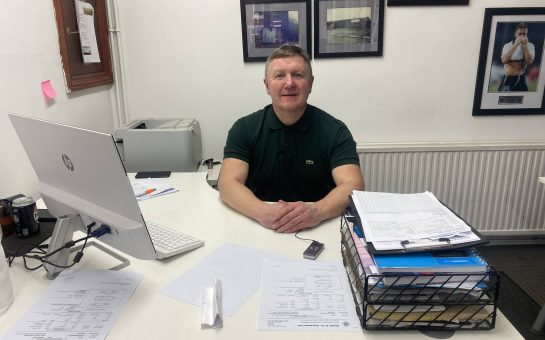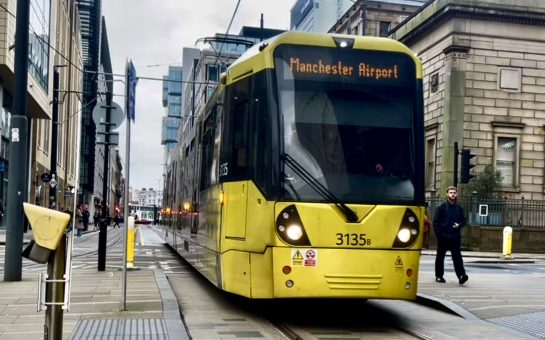Rochdale MP Simon Danczuk felt ‘justified’ in taking home more than £16,000 in extra-Parliamentary income last year from the publication of his exposé on historic child abuse in the town.
Mr Danczuk’s book, Smile for the Camera: The Secret Life of Cyril Smith, alleged a cover-up of child abuse at Rochdale’s Knowl View School, accusing the town’s former MP of the rape of a number of young boys.
Sir Cyril Smith, Rochdale’s notorious Liberal Democrat MP, died five years ago, avoiding trial for the alleged sex offences despite numerous official complaints from victims detailing years of systematic abuse.
In April last year, Mr Danczuk published the exposé that he had been co-writing with his Parliamentary aide, prompting Greater Manchester Police to launch a criminal investigation into the way previous reports of abuse had been handled.
His efforts in attaining some sense of closure for Smith’s victims has been largely celebrated as selfless in the press, though these figures also show the huge personal financial benefit to the Rochdale MP.
Justifying his extra income, Mr Danczuk said: “I work in excess of 60 hours a week as an MP and I do enjoy taking a couple of hours out to write or work on a broadcast in my spare time – it’s very much a hobby for me.”
In March, April and December 2014, Mr Danczuk received a total of £3,405.39 for 23 hours work on Smile for the Camera, taking a further payment of £12,915 from the Daily Mail in July in return for the serialisation rights to his book.
The statistics, taken from January’s edition of Parliament’s Register of Members’ Financial Interests, reveal that Mr Danczuk profited to the sum of £16,320.39 for the 47 hours work he put into the book – equating to a ‘wage’ of £347 per hour.
Although vast improvements have been made to ensure transparency of the extra sources of income politicians receive in the wake of 2009’s expenses scandal, only this week Dispatches and The Telegraph exposed two former foreign secretaries for their involvement in a new ‘cash for access’ scandal.
The politicians were caught on camera offering to use their positions in Parliament on behalf of a fictitious Chinese company in return for payments of £5,000 per day.
Jack Straw, MP for Blackburn and one of Labour’s most senior figures, told undercover journalists that he operated ‘under the radar’, using his influence to change EU rules on behalf of a commodity firm which pays him £60,000 a year.
Sir Malcolm Rifkind, meanwhile – whose responsibilities include overseeing Britain’s intelligence agencies on behalf of Parliament – told the ‘Chinese businessman’ his status would enable him to arrange ‘useful access’ to every British ambassador in the world.
The Conservative politician later told BBC Radio 4’s Today programme that it was ‘quite unrealistic’ to think MPs could live on ‘simply £60,000’ a year without receiving any extra income.
These additional sources of earnings are in addition to the standard salary of all MPs of £67,060.
In response to the scandal, Labour leader Ed Miliband called for a ban on MPs holding paid directorships or consultancies, saying the move was necessary to ‘restore public trust’ in politics, yet the party’s motion was defeated in the House of Commons on Wednesday by 287 to 219.
Mr Danczuk’s office was keen to clarify that Labour’s policy wouldn’t prevent MPs from writing books or articles ‘as this is not a conflict of interest’.
Over the course of 2014, Mr Danczuk also pocketed £2,125 in fees from various British newspapers for writing articles, earning himself a comfortable £212.50 per hour.
Although the pair sold on their delicatessen in September, they established ‘Danczuk Media’ the following month to ‘assist [with] the production of media articles’ – showing that the Rochdale-born politician has no plans to stop writing any time soon.
Mr Danczuk added: “Working with the media and writing are, I believe, an integral part of being a politician. Developing ideas and exposing failings within society through the use of the media is really important to devising better public policies.”
Image courtesy of FSB via YouTube, with thanks



